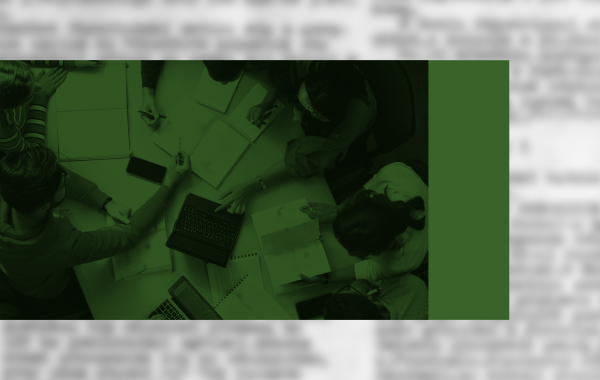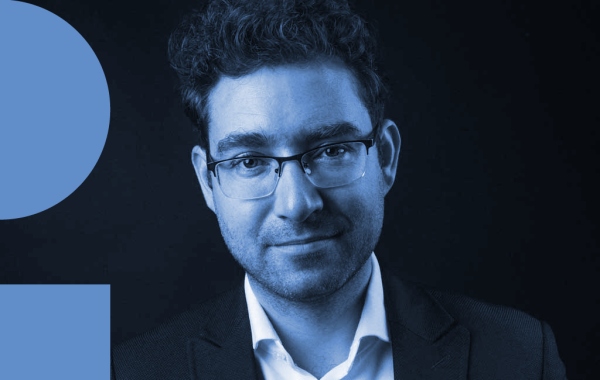"Kultura" in Poland
The Mieroszewski Centre, in cooperation with the Kultura Literary Institute Association and the KARTA Centre, has brought almost all issues of the magazine Kultura and Zeszyty Historyczne to Poland. Thanks to this unprecedented undertaking, the entire collection of the legendary magazine is now available to the general public at the Eastern House Site in Warsaw.
The collection available at the Eastern House Site includes almost all issues of "Kultura", a magazine that played a key role in the intellectual and cultural life of Polish émigrés after World War II. "Kultura" was a meeting place and an exchange of ideas for many prominent Polish intellectuals, writers and political activists. Thanks to the efforts of the Mieroszewski Centre and the Kultura Literary Institute Association, this invaluable resource is now available to researchers, scholars, students and anyone interested in Polish history and literature.
Jerzy Giedroyc, editor-in-chief of Kultura, played a key role in its creation and running, but equally important was the contribution of Juliusz Mieroszewski, the Centre's patron. Mieroszewski, an excellent publicist and essayist, contributed irreplaceable ideas and analyses which shaped the political and intellectual line of the magazine. His articles were a source of profound reflections on the situation of Poland and Europe, and his visionary approach to international politics had an enormous impact on the formation of Polish political thought in exile.
All those interested are invited to visit the Eastern House website in Warsaw and learn more about this unique collection. The site offers not only access to materials, but also a space for research, discussion and reflection on common history.
The Mieroszewski Centre will also be publishing a video series on the history and heritage of the magazine Kultura. In each episode, viewers will be able to explore various aspects of this remarkable publication and its influence on Polish political and literary thought.
What role did the Maisons-Laffitte house, the most prominent centre of political thought and literary creativity, play among Polish wartime and post-war émigrés? What were the main challenges the editors had to contend with while working on Kultura? In what way did Mieroszewski's relationship with Giedroyc influence the shape of Kultura? And what role did Juliusz Mieroszewski play on the editorial board of the magazine? Have archival materials related to Juliusz Mieroszewski's work at the Literary Institute survived?
These are just some of the questions we posed to Anna Bernhardt, President of the Kultura Literary Institute Association, Prof. Rafał Habielski, Polish historian of emigration, and Dr Ernest Wyciszkiewicz, Director of the Mieroszewski Centre. The recordings will be published on the Mieroszewski Centre's social media platforms.
We invite you to visit the Eastern House website (6 Constitution Square, Warsaw), as well as the website of the Paris Kultura Foundation, which has extensive resources on the magazine Kultura and its creators. The site offers a variety of materials, including: archives, multimedia, letters and correspondence, and biographies. The site is a valuable resource for anyone interested in the history of Polish emigration, literature and intellectual debates of the 20th century.












